
Interdisciplinary inspection team inspects a seedling facility in Hau Giang - Photo cut from clip
As reported by Tuoi Tre Online , a video was recently broadcast live recording the inspection of a nursery by the police and the Department of Agriculture and Environment Inspectorate of Hau Giang province. The person filming the video said the team inspected the grafting certificate and the origin of the mother tree.
Mr. V. (owner of the above-mentioned seedling facility) confirmed that the video was recorded by his wife of the working session between the authorities and his seedling facility the day before.
According to the video content, at that time, three men were wearing police uniforms and uniforms of the Department of Agriculture and Environment Inspectorate at the Hau Giang seedling facility.
Authorities requested documents related to the nursery business and checked the grafting practice certificate.
Mr. V. added that at the end of the working session, the authorities made a record and sealed about 900 jackfruit seedlings, because of unknown origin, and scheduled a meeting next week.
"I was a victim of fake seedlings"
Under the article “A clip of an interdisciplinary inspection team visiting a seedling facility causes a stir”, many readers expressed their support for the inspection of seedling businesses, because they were victims of buying poor quality seedlings.
A reader named Tien wrote: “Check carefully. Seedlings are the source of quality agricultural products, but if the seedlings are not properly grown, they are of poor quality. I once bought dwarf coconut seeds. The results after 3 years of planting were not correct. Waste of time and effort.”
Account hayn shared: “Grafting trees is easy but the grafting source is important. Many people do business dishonestly. The tree varieties are not up to standard, so after several years of planting, they will bear fruit but then have to be cut down because the tree is not of the right quality.”
Sharing the same opinion, reader 123tranvan wrote: "It is correct to check from the root, after releasing to the market, the buyer of the tree is responsible for not taking care of the tree according to the correct process."
Reader Khoai Lang "ordered" the management agency: "Crop varieties determine the economic efficiency of a production process, so I hope the management agencies do this well."
Analyzing more closely the consequences of lax management of seedling origins, reader Hong Van wrote: “Gardeners approaching customers on Facebook and Zalo is something to be encouraged, but there are also mixed results.
After two years of no fruit, I called the company to follow the warranty and they said they would send someone to help. Four months later, no one called, so I had to support myself.”
Recounting his own bad experience in choosing seeds, account Ksla****@gmail.com shared: “Previously, I bought a seedling to plant. It took a few years of hard work to take care of it, but when it bore fruit, it was terrible.
If I planted 1,000 trees hoping to harvest and sell them for profit, I would probably go bankrupt. From then on, I had to go to the agricultural university to buy them because there they clearly stated their origin.
Reader Nguyen Chi Thao said: “20 years ago, I bought a sweet tamarind tree to plant. 5 years later, the tree bore fruit that was very sweet and delicious when ripe. About 7-8 years ago, I had the chance to pass by that nursery and stopped by to buy 2 sweet tamarind trees to plant. Now the trees have fruit but they are sour. I was so sad that I had to cut down one tree.”
Reader Yen shared: “For perennial fruit trees, there must be a recognized record of exploiting the source of propagation materials from the mother tree (parent tree, parent tree garden).
People can also self-propagate from trees they choose, evaluate as good, but are not recognized as parent trees, but can only use these seedlings for self-planting (not for commercial purposes).
But it is necessary to pay attention to the conditions that must be met when producing and trading plant varieties. These include requirements for management and operational personnel (degrees), and requirements for infrastructure.
Priority is given to checking fake goods, trees will come later!
Besides opinions agreeing with the inspection of the interdisciplinary team, some opinions also disagree.
Reader lstu****@gmail.com wrote: "We should carefully check consumer goods such as cosmetics and internal organs of unknown origin, but not plants."
"If you want to check, you have to inform people about the necessary paperwork and procedures six months in advance before going for the check. But now, when you go to check the tree's warranty, who can provide the ultrasound paper?" - reader Tran Nam commented.
According to Thaivandung account: "We need to increase inspections of dirty goods and fraudulent goods in the market, as well as pork, beef injected with water, bean sprouts, vermicelli, rice noodles, fresh noodles... These are the items that need to be inspected regularly so that traders do not have the opportunity to cheat!"
Sharing the same opinion, reader Hung stated: “Prioritize going to grocery stores or markets to check for items that are easily counterfeited, or have ingredients that are harmful to human health. The health of the race is the most important.
Then we will move on to tightening the origin, source, quality, invoices... of all products.
Reader Huu Thanh said: “In Cho Lach district, Ben Tre, every year there is training for households producing seedlings and ornamental plants and certificates are issued to people. All seedling production facilities have certificates for parent trees or parent tree gardens.
Through this incident, people who produce seedlings should come to the authorities for guidance on how to do it right. The government always encourages people to do business and production, and no one makes things difficult for them!”
Source: https://tuoitre.vn/tranh-luan-ve-clip-doan-lien-nganh-kiem-tra-co-so-cay-giong-o-hau-giang-20250615094034106.htm





![[Photo] Prime Minister Pham Minh Chinh launched a peak emulation campaign to achieve achievements in celebration of the 14th National Party Congress](https://vphoto.vietnam.vn/thumb/1200x675/vietnam/resource/IMAGE/2025/10/5/8869ec5cdbc740f58fbf2ae73f065076)
![[Photo] Prime Minister Pham Minh Chinh chairs the Government's online conference with localities](https://vphoto.vietnam.vn/thumb/1200x675/vietnam/resource/IMAGE/2025/10/5/264793cfb4404c63a701d235ff43e1bd)

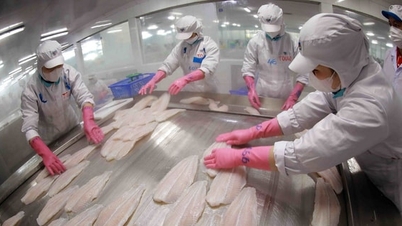




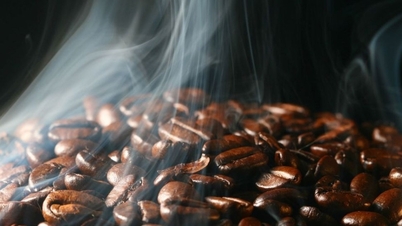
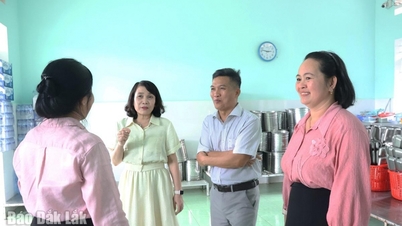


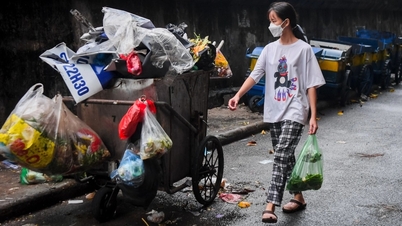





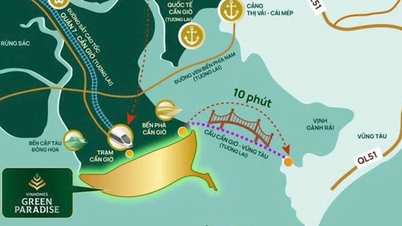






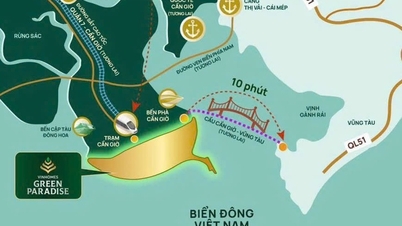
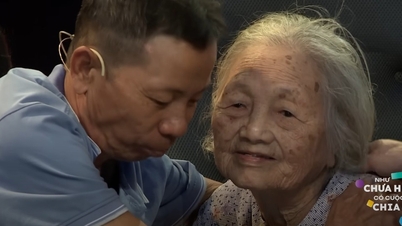

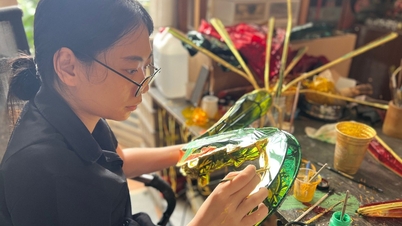

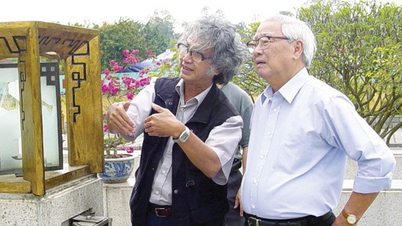






























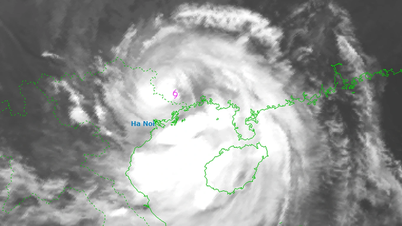
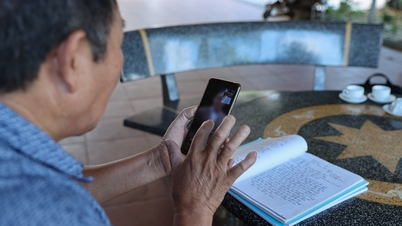










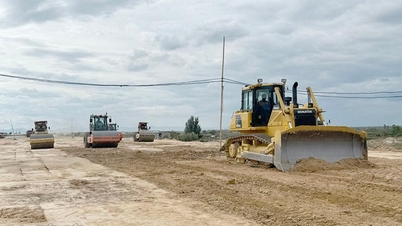

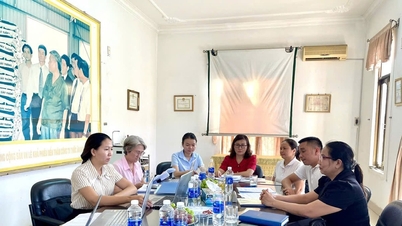

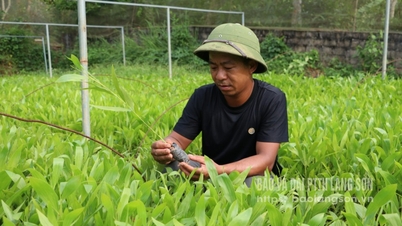

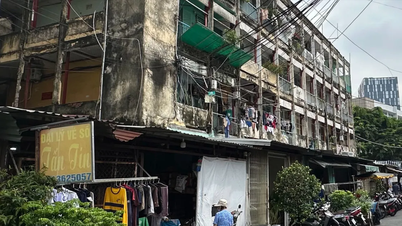
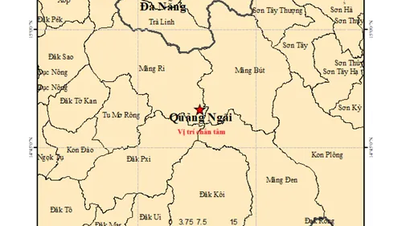












Comment (0)